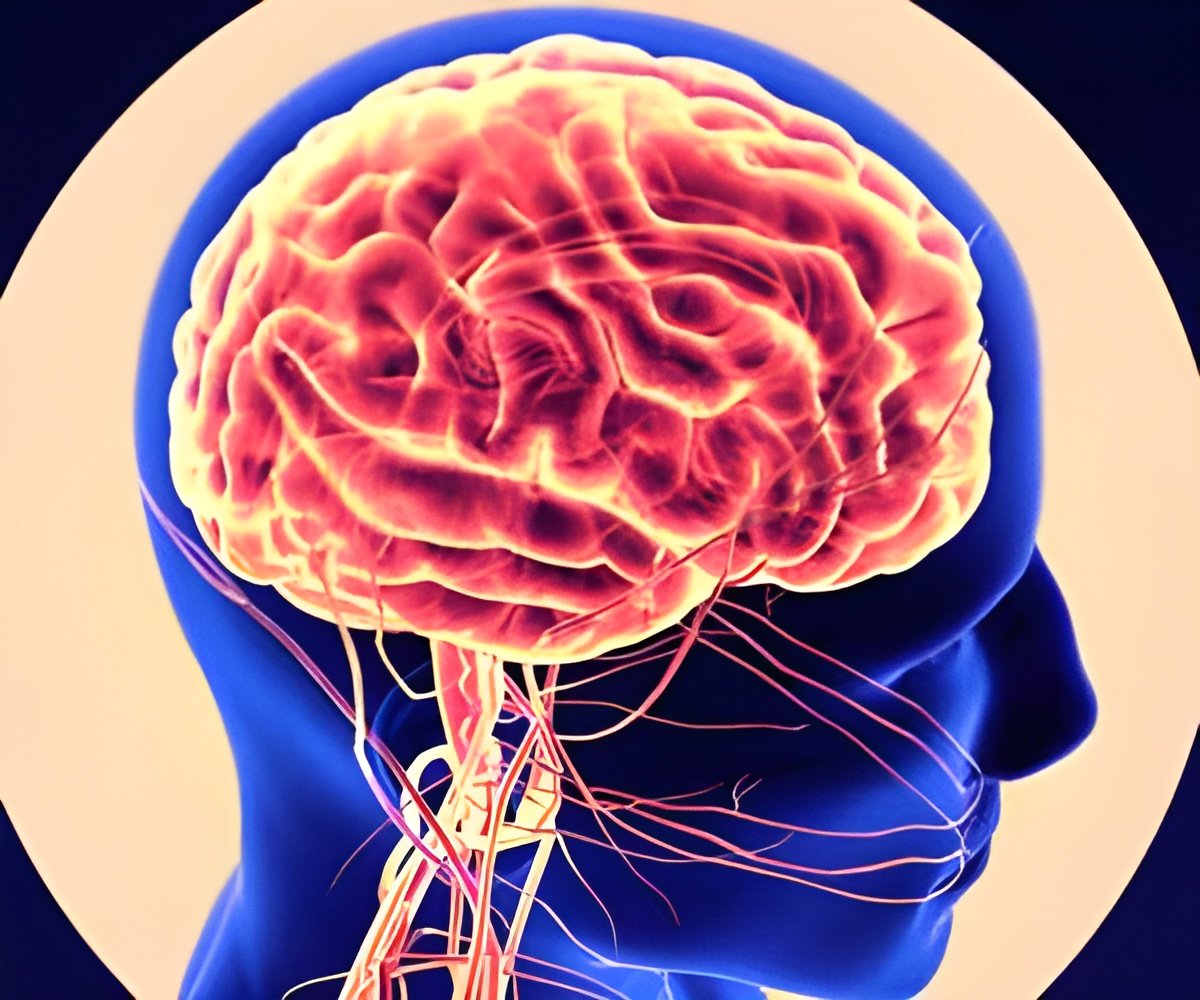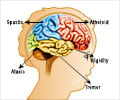Unique brain fingerprint called Therapeutic Intervention Fingerprint (pTIF) can predict the effectiveness of potential interventions for controlling a patient's disease evolution among patients with neurological diseases.

‘A unique brain fingerprint can predict drug effectiveness and help categorize patients with neurological disease according to their therapeutic needs.’





The authors verified these subtypes were relevant by comparing them to the patients' individual genetic profiles. They found patients in the same pTIF subtype had similar gene expression, meaning the mechanism in which genes affect their physiology is similar. Because drugs to control disease progression would have to modify gene expression and brain properties at the same time, drugs tailored to pTIF subtypes would be much more effective than drugs designed to treat all Alzheimer's disease patients. This is the first study to pinpoint a direct link between brain dynamics, predicted therapeutic responses, and molecular and cognitive alterations in patients. Using pTIF subtypes, drugs can be designed for a patient's unique gene expression profile and phenotypic brain characteristics, which is a major advancement in personalized medicine. It could also improve the effectiveness and reduce the cost of clinical drug trials if used as a method to select patients.
"In keeping with the tenets of personalized medicine, the introduced framework could lead to more effective medical care, decreased undesired secondary effects, and substantial reduction of pharmaceutical/clinical costs associated with clinical trials, thereby accelerating the creation-evaluation cycle of new therapeutic agents,´ says Iturria-Medina. "Our future work will focus on applying the pTIF to other neurological disorders, extensively validating it, and, importantly, making the resulting analytic tools available to the international community, via open-access platforms."
The research findings are published in the journal Neuroimage.
Source-Eurekalert









